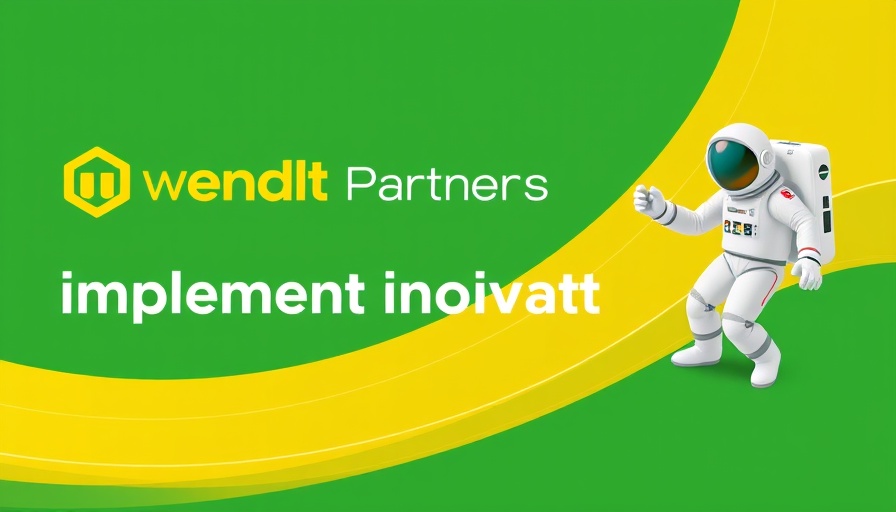
The Perils of Being the Sole Rainmaker
In founder-led businesses, the founder often takes on the dual role of visionary and primary rainmaker. While this can be advantageous in the early stages, it often leads to significant challenges as the company grows. With the founder acting as the central node for all client relationships and big sales, the business struggles when it comes to scaling. If growth is tied to just one person’s energy and bandwidth, the company will hit a wall, stopping short of its true potential.
This phenomenon introduces a variety of risks, including pipeline fragility, where the sales process becomes highly dependent on the founder’s availability, and team underdevelopment, as employees may only follow the founder’s lead without developing their own strategic skills. At some point, the business’s growth ceiling becomes rigid, and processes needed for scalability become an afterthought.
Strategies for Sustainable Scaling
The good news for aspiring business leaders is that they don’t need to replicate the founder’s unique charm. Instead, they can codify what makes the founder successful and implement scalable sales strategies. Here are three actionable strategies for this:
1. Distill the Founder’s Sales Magic
Every effective rainmaker possesses a particular style or formula. It's essential to capture the founder's approach to selling, including their pitching style, positioning, problem-solving methods, and responses to objections. By documenting these key elements, the organization creates a blueprint for training new sales team members.
2. Build a Scalable Sales Engine
The next step is investing in systems that foster a repeatable and consistent sales process. Implementing Customer Relationship Management (CRM) tools, creating documented sales playbooks, and establishing visible metrics can promote accountability and performance. Bringing in sales leadership or a fractional Chief Revenue Officer (CRO) can greatly enhance the structure needed for a high-functioning team.
3. Recast the Founder’s Role
Instead of having the founder completely step out of the sales picture, consider repositioning them to focus on strategic efforts. This could entail mentoring sales team members or defining broader market strategies where their experience can still shine, while allowing the team the autonomy to execute daily operations. This shift ensures that their unique insights continue to benefit the company while empowering other team members.
Real-Life Examples of Transitioning Beyond the Rainmaker
Let’s look at how some businesses have successfully navigated this transition. Many thriving companies that were once founder-dependent have stepped into a collaborative framework. For instance, a tech startup that originally relied on its founder for all client interactions adapted its model by documenting their founder’s successful pitch techniques and implementing them into short training modules for new hires. Over time, the startup managed to cultivate a skilled sales team, which enabled exponential growth even after the founder stepped back.
Future Predictions for Founder-Driven Businesses
As markets become increasingly competitive, founder-centric models are likely to face mounting instability unless they embrace change. Businesses that prioritize building scalable structures will likely outperform their counterparts that cling to founder-led sales processes. Looking ahead, companies will need to adapt quickly. In an era characterized by rapid technological advancements, roles and processes should be flexible enough to accommodate a dynamic workforce eager for independence and creativity.
Conclusion and Call to Action
In conclusion, while being the rainmaker comes with its benefits, the real magic lies in sharing the burden of sales. By codifying the founder’s unique abilities and investing in scalable processes, businesses can sustain their growth and continue thriving. Are you ready to propel your business forward? It's time to take action by reassessing your current sales strategies, empowering your team, and creating a sustainable pathway for growth.
 Add Row
Add Row  Add
Add 




Write A Comment